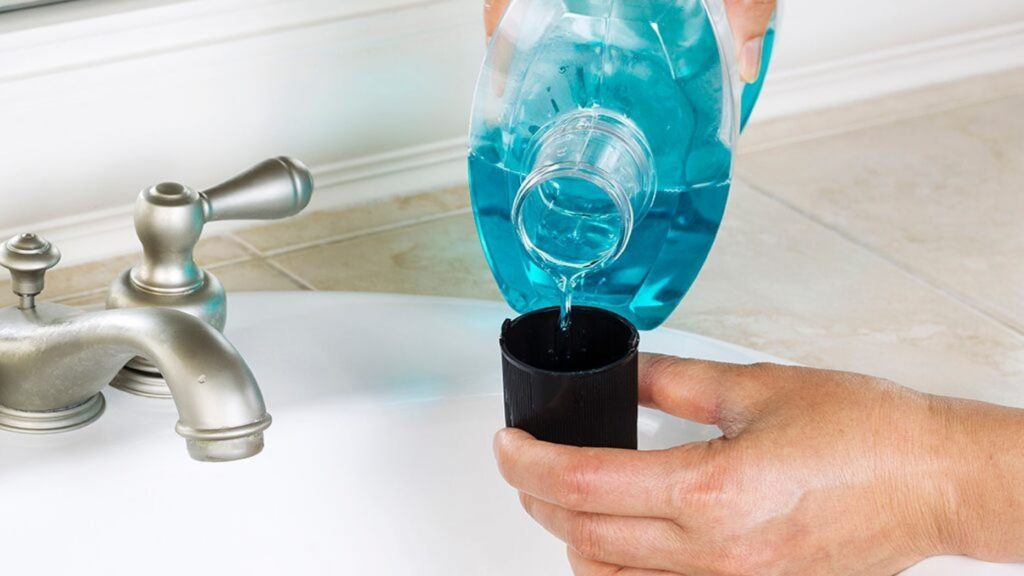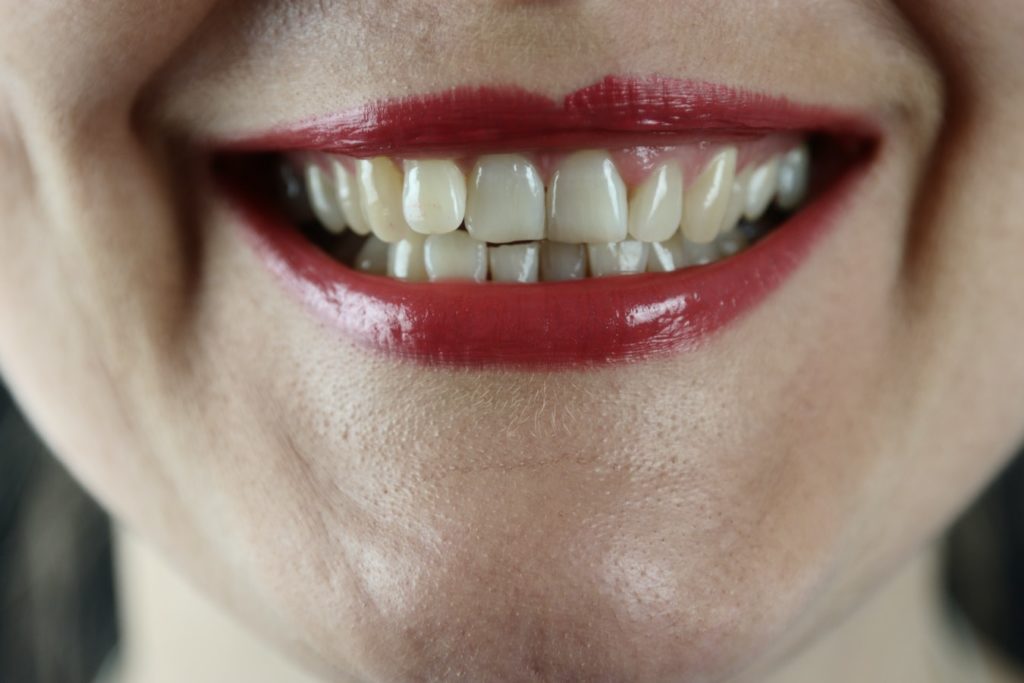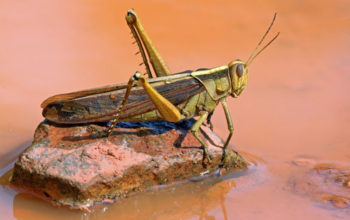The study’s results were published in the Journal of Medical Virology.
A new study conducted by researchers at the Penn State College of Medicine has found that a common dental item can inactivate human coronaviruses: mouthwash and oral rinses.
Written content by Madeline Farber via Fox News

For the study, the results of which were published in the Journal of Medical Virology, researchers tested various oral and nasopharyngeal rinses — which included a 1% solution of baby shampoo, a neti pot, peroxide sore-mouth cleansers, and mouthwashes — to determine how well they inactivated human coronaviruses.
The baby shampoo solution, “which is often used by head and neck doctors to rinse the sinuses,” the researchers noted in a news release regarding the findings, was particularly effective; the solution inactivated “greater than 99.9% of human coronavirus after a two-minute contact time,” they said.

The mouthwash and oral rinses were also efficacious, they found: “Many inactivated greater than 99.9% of virus after only 30 seconds of contact time and some inactivated 99.99% of the virus after 30 seconds.”
More specifically, researchers “used a test to replicate the interaction of the virus in the nasal and oral cavities with the rinses and mouthwashes,” as the nasal and oral cavities are thought to be main points of entry for human coronaviruses, including SARS-CoV-2, better known as COVID-19. Though the researchers didn’t specifically test SARS-CoV-2 in the study, the novel virus is genetically similar to the other human coronaviruses tested, leading the researchers to hypothesize that the results would be similar.
A strain of human coronavirus was mixed with “baby shampoo solutions, various peroxide antiseptic rinses and various brands of mouthwash,” allowing the solutions to iterate with the virus for different amounts of time, including 30 seconds, one minute, and two minutes. The solutions were then diluted to “prevent further virus inactivation,” they wrote.
“To measure how much virus was inactivated, the researchers placed the diluted solutions in contact with cultured human cells. They counted how many cells remained alive after a few days of exposure to the viral solution and used that number to calculate the amount of human coronavirus that was inactivated as a result of exposure to the mouthwash or oral rinse that was tested,” per the news release. Read more from Fox News.
Watch video here to learn more about the study:
Follow more health and other related stories from News Without Politics





